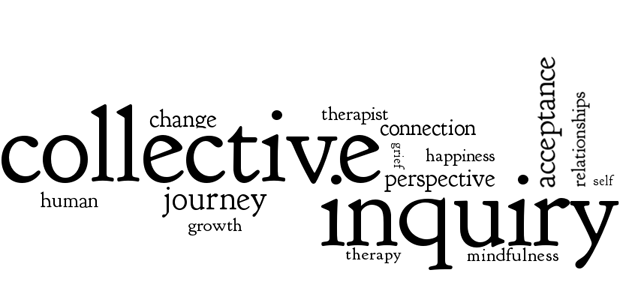

 For those of you who see me daily—or for those who have access to my Instagram account—know that I love my pets. Some people joke about the role of pets in their lives, maybe rolling their eyes as someone refers to their pet as their child. Yet, the reality is that a mutual bond forms between pets and their owners, and everyone benefits from the shared connection.
For those of you who see me daily—or for those who have access to my Instagram account—know that I love my pets. Some people joke about the role of pets in their lives, maybe rolling their eyes as someone refers to their pet as their child. Yet, the reality is that a mutual bond forms between pets and their owners, and everyone benefits from the shared connection.
Researchers and scholars have been working to explore the human-animal connection further. For example, animals can lower stress and blood pressure, and many studies have shown animals to have a tremendous effect on mental health.
Visitations. On an episode of NPR’s Talk of the Nation, callers discussed the role of visiting with animals. One caller explained how she used to take farm animals to educational programs in schools and events at retirement communities. Visiting with llamas, horses, snakes was an enjoyable experience and increased the children and residents moods.
Equine Therapy. Since moving to Kentucky, I have been able to explore the use of horses in treatment for physical and mental disabilities as well as emotional struggles. My amazing sister-in-law who is a Therapeutic Riding Instructor recently opened my eyes to the wonderful benefits of equine therapy, specifically for children with autism and attention deficit disorders.
Attachment/Meaning. For many animal lovers, interacting with a pet allows us to nurture another living being, which provides another level of meaning and purpose to our day-to-day lives. Pets can fulfill our natural need for connection, and the animal-human bond has helped patients struggling with mental illness and grief.
Assist Dogs. Dogs can be trained to fulfill a variety of roles, and their presence has increased in nursing homes, hospitals, and schools. The majority of people have seen dogs assisting people who have difficulties seeing or hearing, but dogs are also being training to aid in the treatment for posttraumatic stress disorder for veterans. In other experiments where military veterans train shelter dogs, many members found it stress-relieving and highly rewarding.
 Exercise. When compared to older adults walking with family members or not at all, one recent study found that older adults who walked shelter dogs several days a week had a faster walking speed, which is an important step to maintaining balance and independence. For people of all ages, a dog can be an excellent motivator to remain active.
Exercise. When compared to older adults walking with family members or not at all, one recent study found that older adults who walked shelter dogs several days a week had a faster walking speed, which is an important step to maintaining balance and independence. For people of all ages, a dog can be an excellent motivator to remain active.
Animals can serve a variety of functions in our lives, whether through medical/mental health treatment or by living in our homes as a member of our family. Researchers are continuing to explore why pets can have such a profound impact on our health and emotional well-being. Either way, they can be an important asset to therapy and to our lives.
Share your thoughts
No Thoughts About Animals and Mental Health